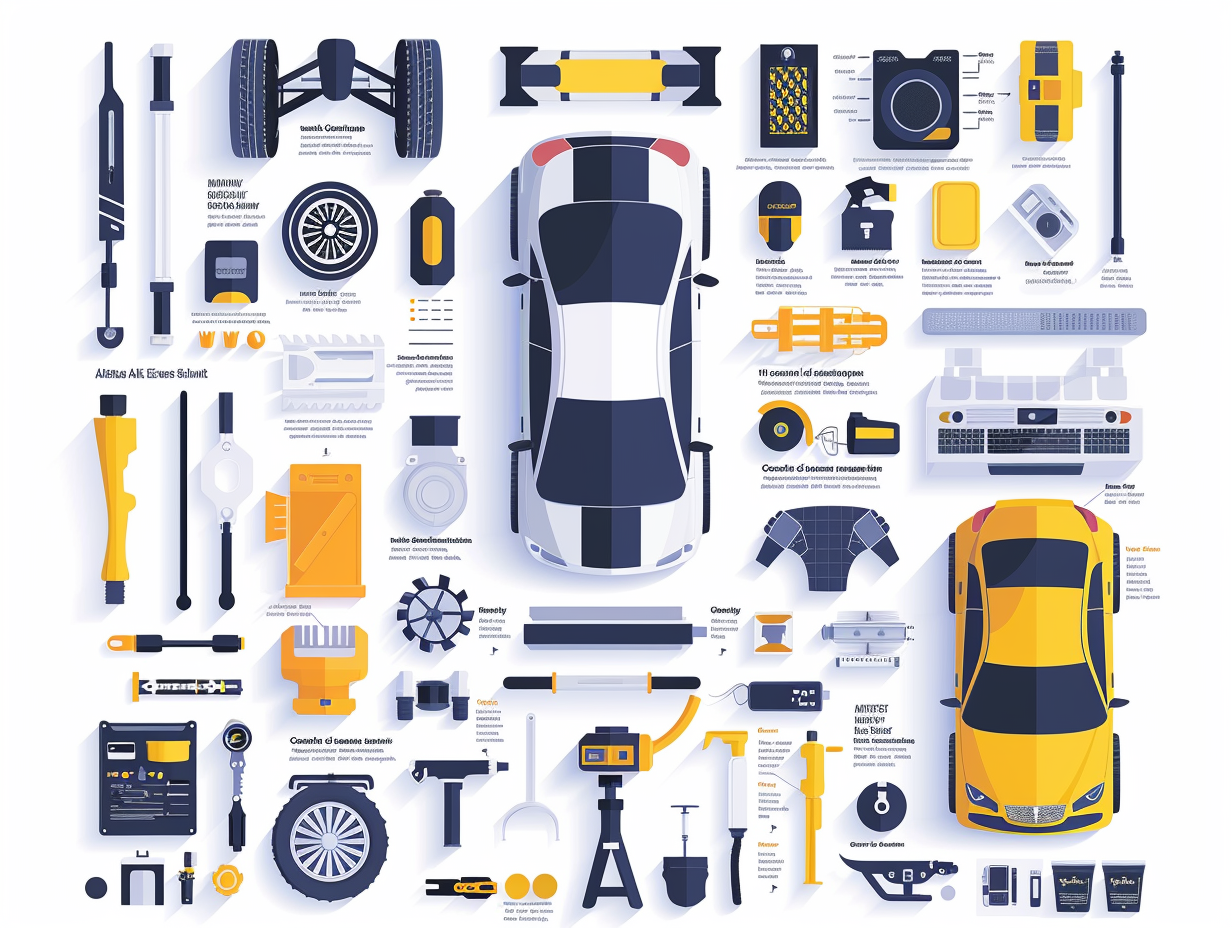Buying a used car can be a smart financial decision, but it also comes with inherent risks. Hidden problems can quickly turn a bargain into a costly liability. This is where a pre-purchase inspection (PPI) by a trusted car service station (STO) becomes an invaluable service – a critical step that empowers you with “trust before you buy.”
What is a Pre-Purchase Inspection (PPI)?
A PPI is a comprehensive evaluation of a used vehicle by an independent, qualified mechanic. It’s designed to uncover existing mechanical, structural, or safety issues that might not be apparent during a casual test drive or visual inspection. It provides an unbiased professional opinion on the car’s condition.
Why is a PPI Essential for Used Car Buyers?
- Uncovers Hidden Problems: Sellers may not be aware of certain issues, or they may intentionally try to conceal them. A PPI can detect:
- Engine or transmission problems (leaks, strange noises, shifting issues).
- Brake system wear (worn pads, warped rotors, fluid issues).
- Suspension and steering component wear (loose ball joints, worn shocks).
- Electrical system faults (malfunctioning sensors, wiring issues).
- Exhaust system issues (rust, leaks).
- Fluid leaks from various systems.
- Identifies Accident Damage: A skilled mechanic can spot signs of prior accidents that were poorly repaired or not disclosed, such as misaligned body panels, inconsistent paint finishes, or structural damage.
- Assesses Maintenance History (or Lack Thereof): The inspection can reveal signs of neglected maintenance, indicating potential future problems.
- Verifies Vehicle Condition: It provides an objective assessment of the vehicle’s overall health, beyond what a CarFax or similar history report might show.
- Negotiating Power: If the inspection uncovers issues, you can use the findings to:
- Negotiate a lower purchase price to cover the cost of necessary repairs.
- Request the seller to fix the issues before purchase.
- Decide to walk away from a bad deal, saving you from a money pit.
- Peace of Mind: Knowing that a professional has thoroughly vetted the vehicle provides immense peace of mind, allowing you to buy with confidence.
What Does a Comprehensive PPI Typically Include?
A thorough PPI at a reputable STO should involve:
- Road Test: To assess engine performance, transmission shifting, braking, steering, and suspension function under various driving conditions.
- Visual Inspection (Under Hood, Under Carriage, Exterior, Interior):
- Fluid levels and condition (engine oil, transmission, coolant, brake fluid).
- Belts and hoses for wear or cracking.
- Battery health.
- Suspension components (shocks, struts, bushings, ball joints) for wear or leaks.
- Exhaust system for rust or holes.
- Brake lines, calipers, and pads/rotors.
- Tire condition, tread depth, and uneven wear.
- Lights, wipers, horn, and all interior accessories.
- Signs of accident damage, rust, or poor repairs.
- Diagnostic Scan: Connecting to the vehicle’s OBD-II port to check for any stored or pending Diagnostic Trouble Codes (DTCs), even if the Check Engine Light is not illuminated.
- Fluid Analysis (Optional): Sometimes oil or transmission fluid samples can be sent for lab analysis to detect internal engine/transmission wear.
Choosing the Right STO for a PPI:
- Independence: Ensure the STO is independent of the seller or dealership.
- Experience: Choose a shop with experienced technicians familiar with the make and model of the car you’re considering.
- Transparency: The STO should provide a detailed written report of their findings, clearly explaining any issues found.
Investing in a pre-purchase inspection is a small cost that can save you from a major financial headache, ensuring that your used car purchase is indeed a smart investment. It’s the ultimate example of “service you can trust” applied even before you become a vehicle owner.






